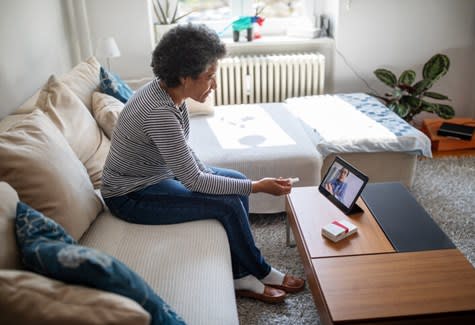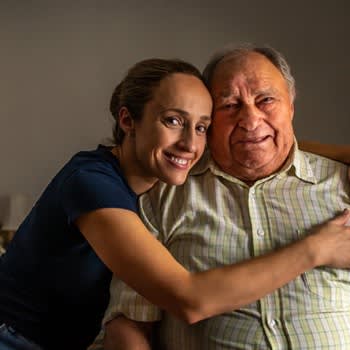
Caregiving
Whether you give care or are in need of it, you deserve individualized care solutions.
Important Resources
You shouldn’t feel like you’re on your own, either as a caregiver or as someone who is searching for caregiving services. The following resources can help aging adults and caregivers alike feel empowered, informed and connected.
Read Our Featured Guides


Answer questions such as "When is Medicare Open Enrollment?" or "How do I enroll in 2024 Medicare?" Don't miss certain Medicare enrollment period deadlines, or you may be subject to higher costs, late enrollment penalties or lapses in coverage.


Are you confident you can spot the signs of a mental health crisis for a senior you care for? Learn seniors' most common mental health issues and how to help.


Medicare Advantage plans, also known as Medicare Part C, replace your Original Medicare coverage and can provide extra coverage. We break down the best Medicare Advantage plans in 2025 from top insurance companies.





